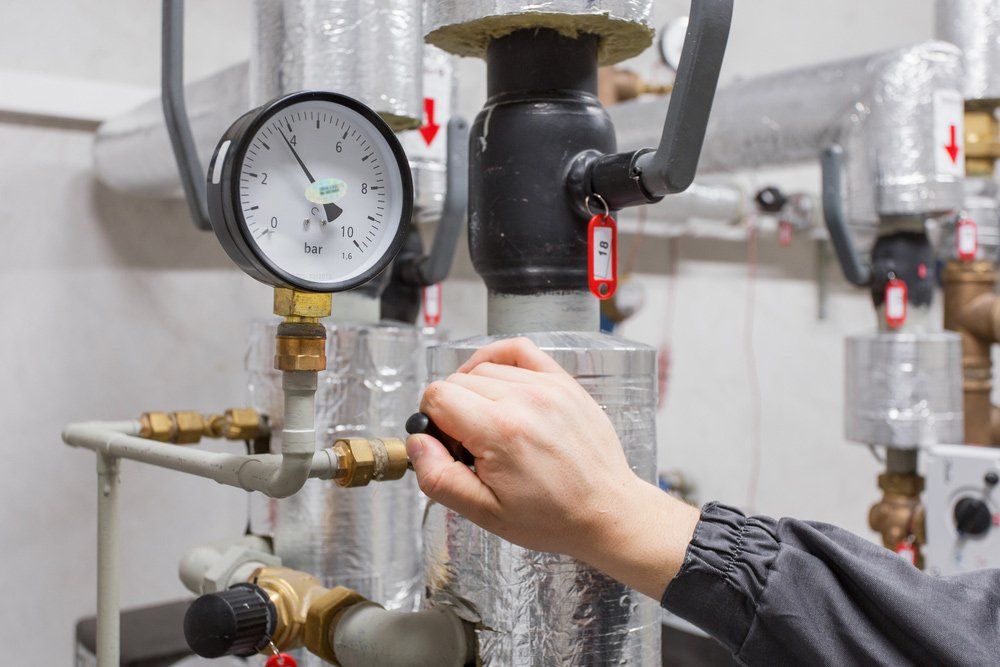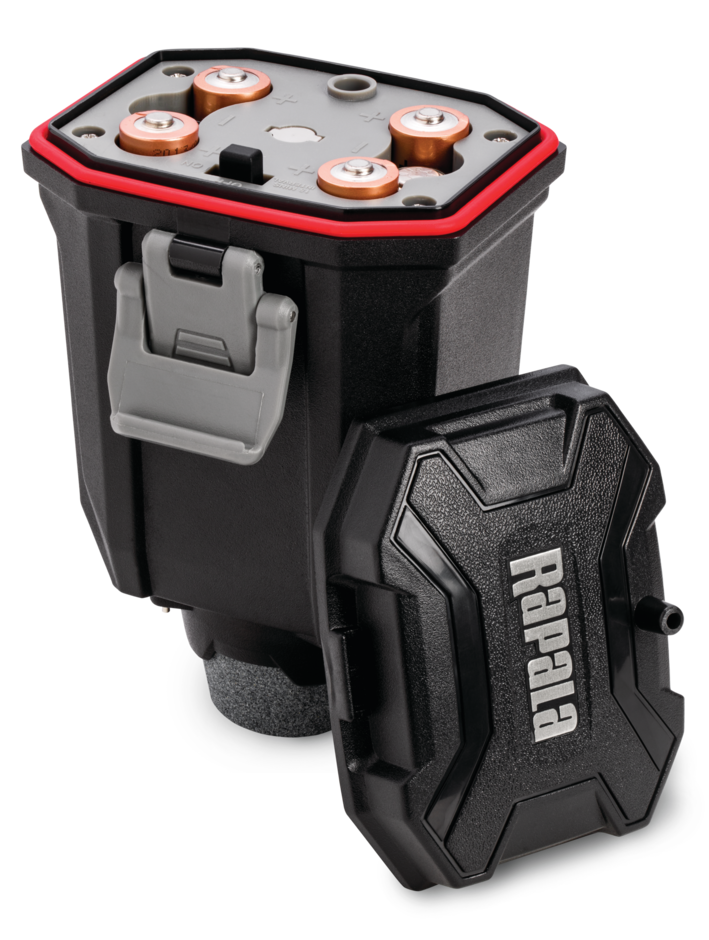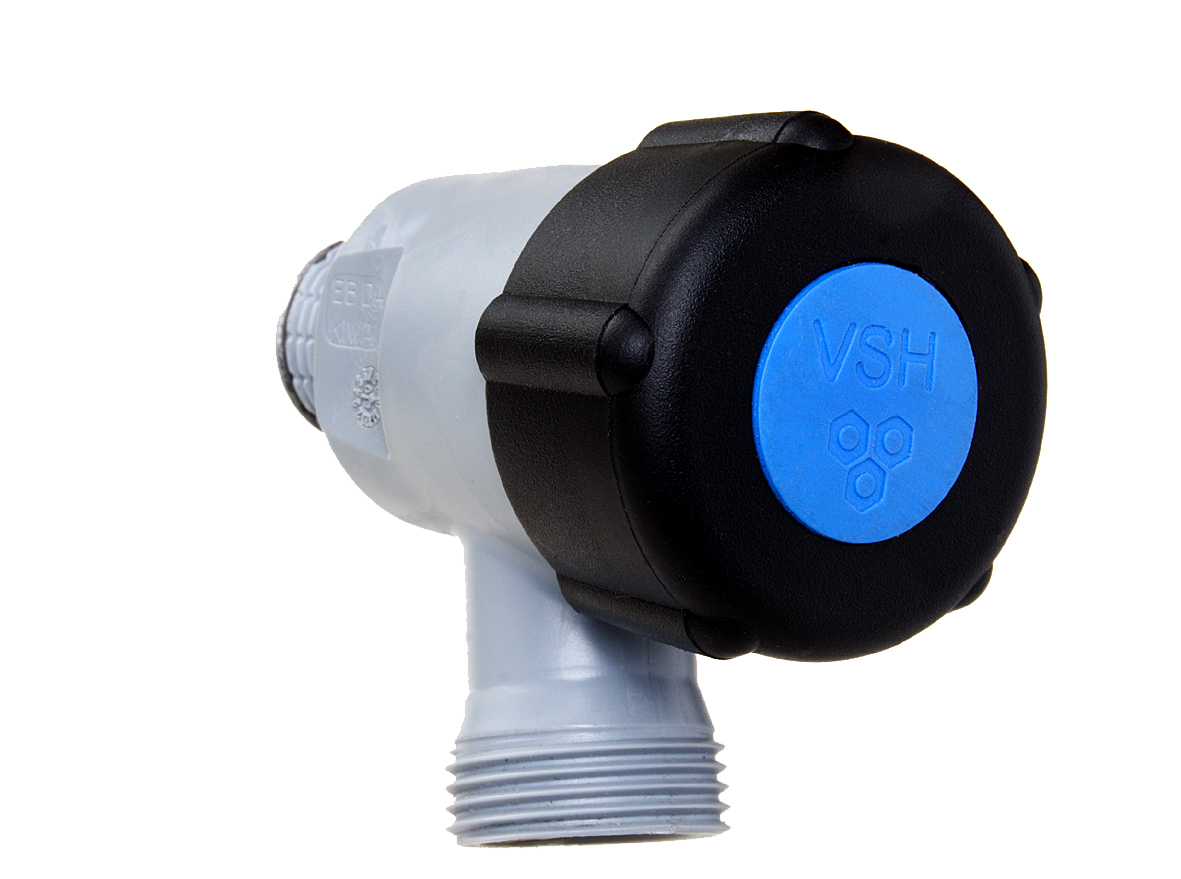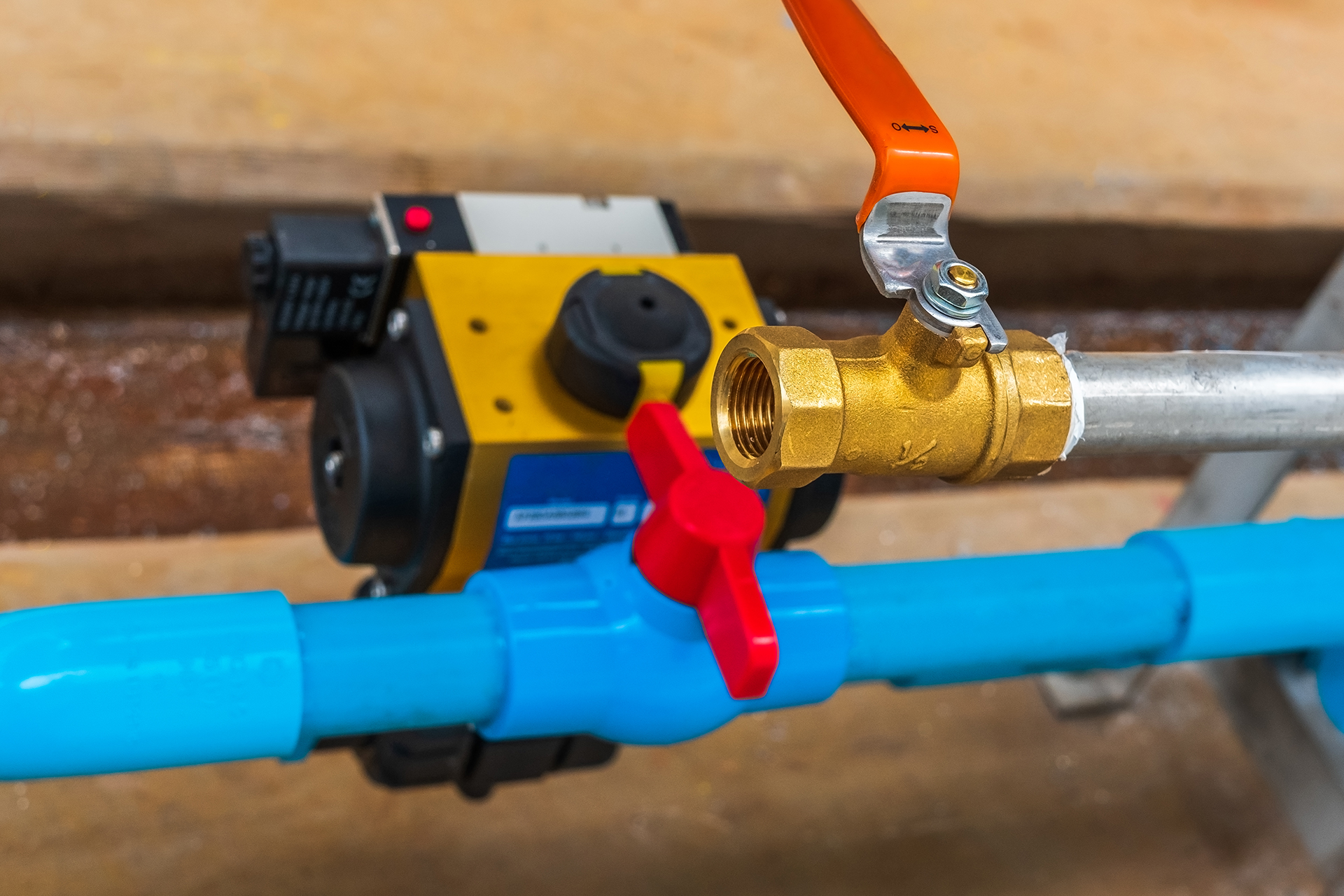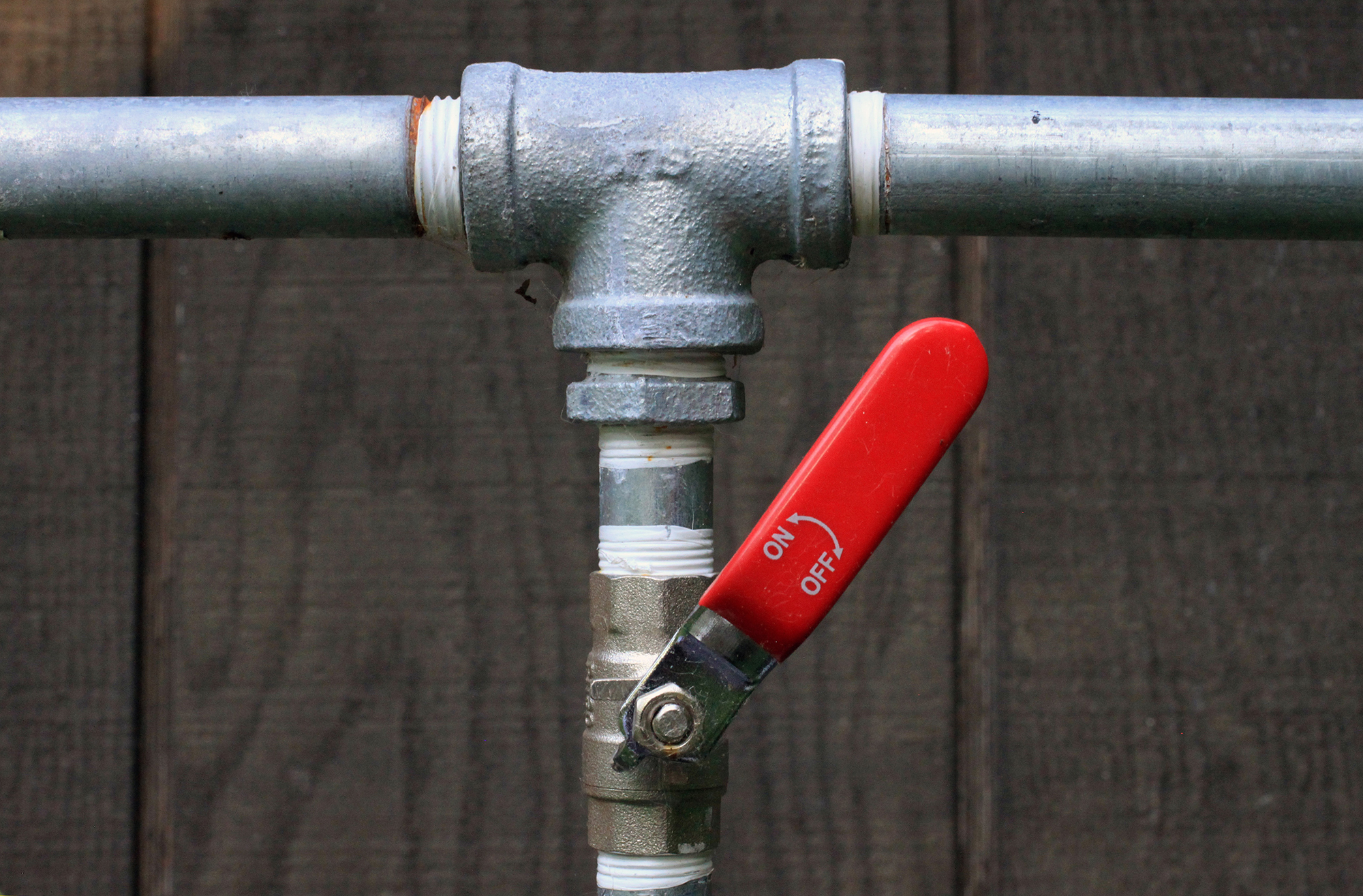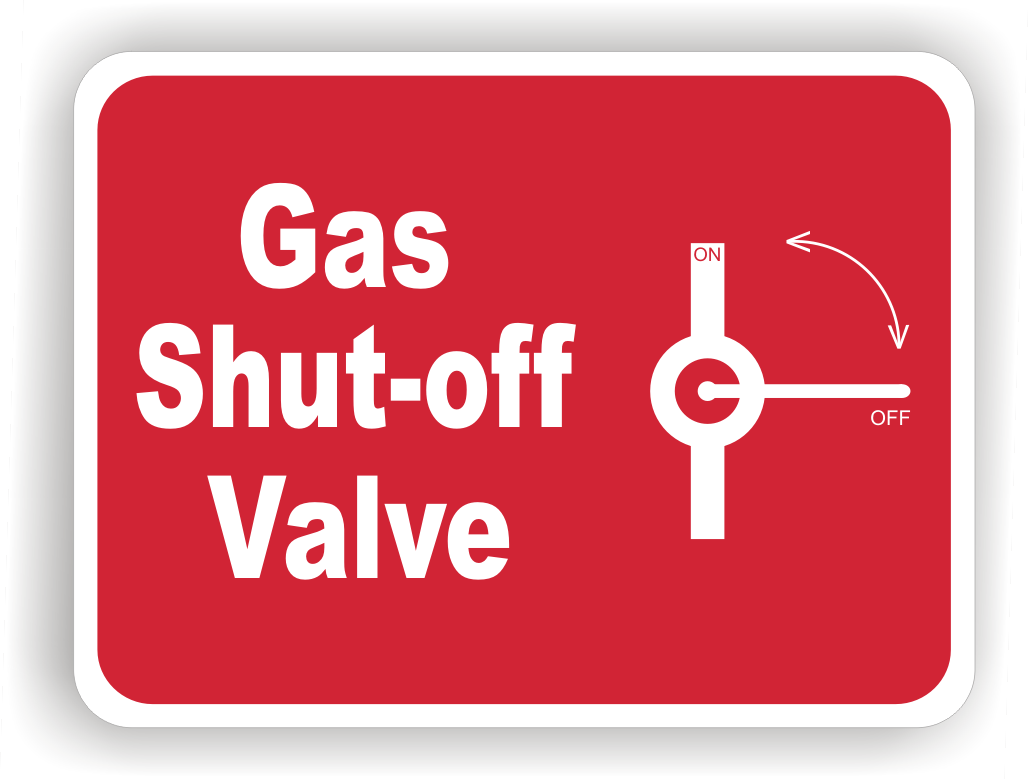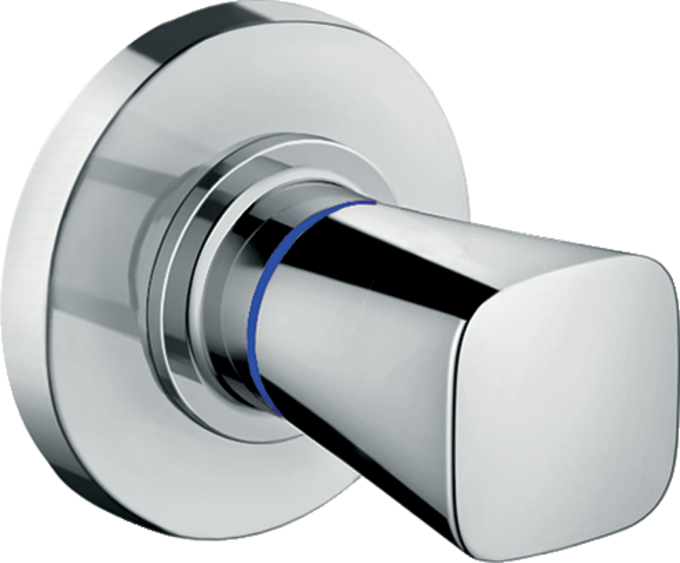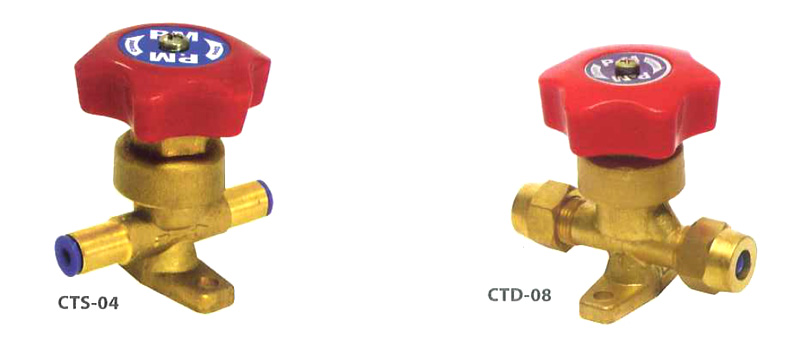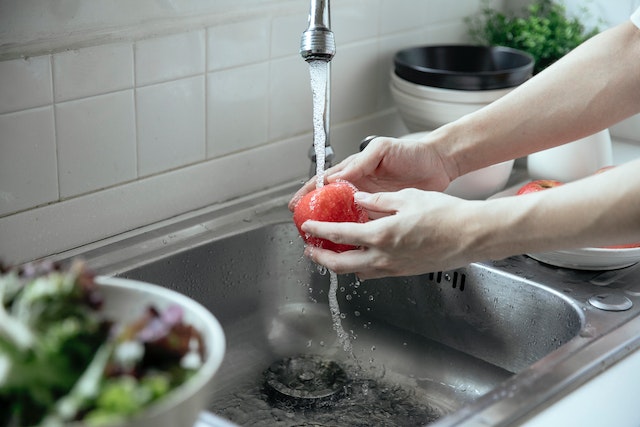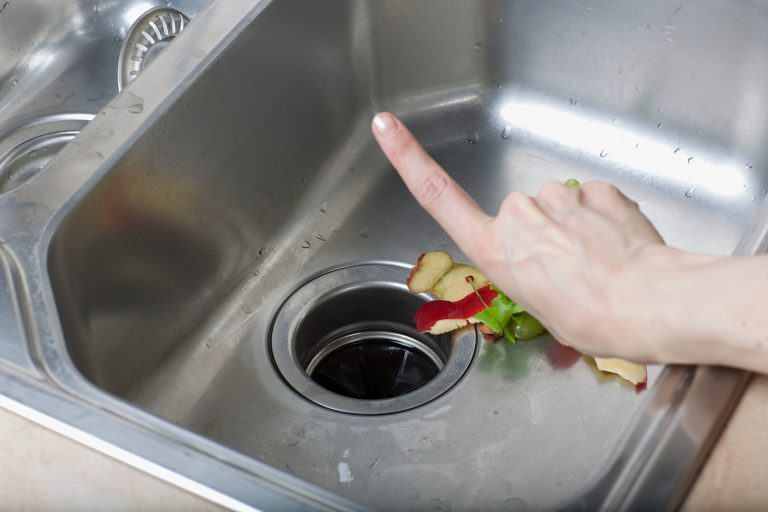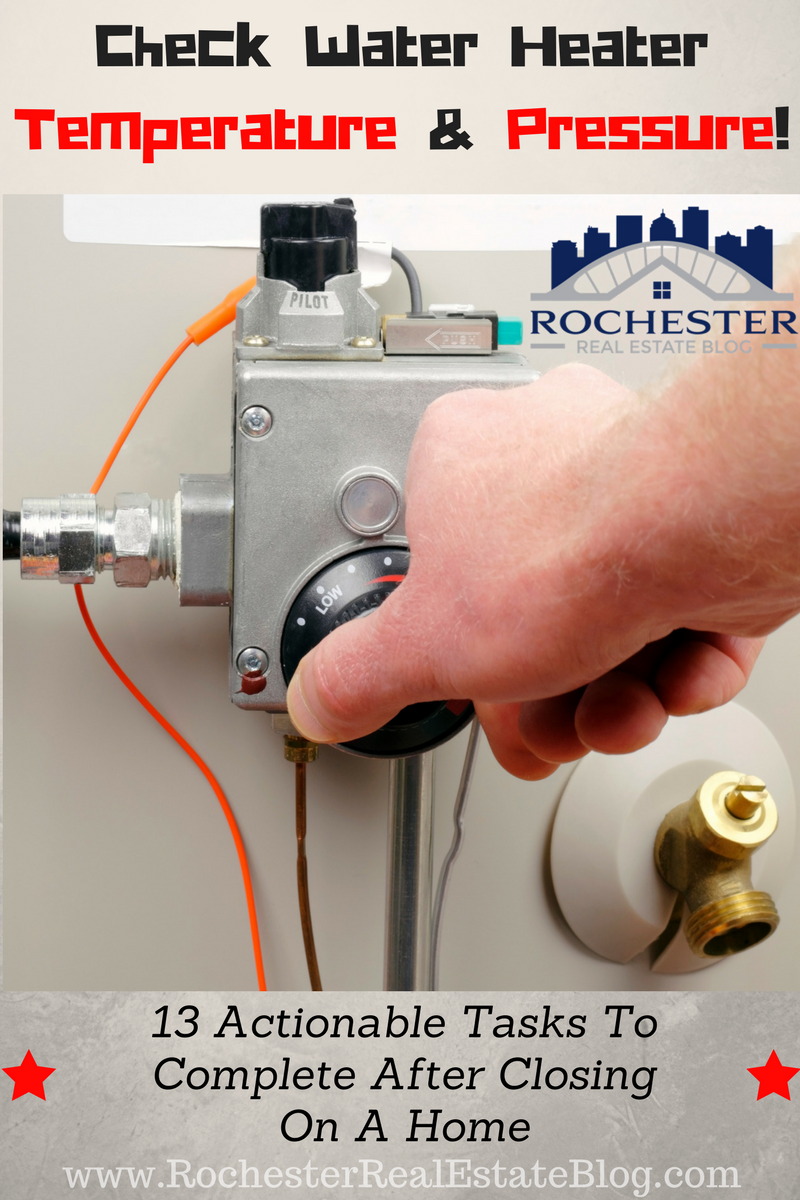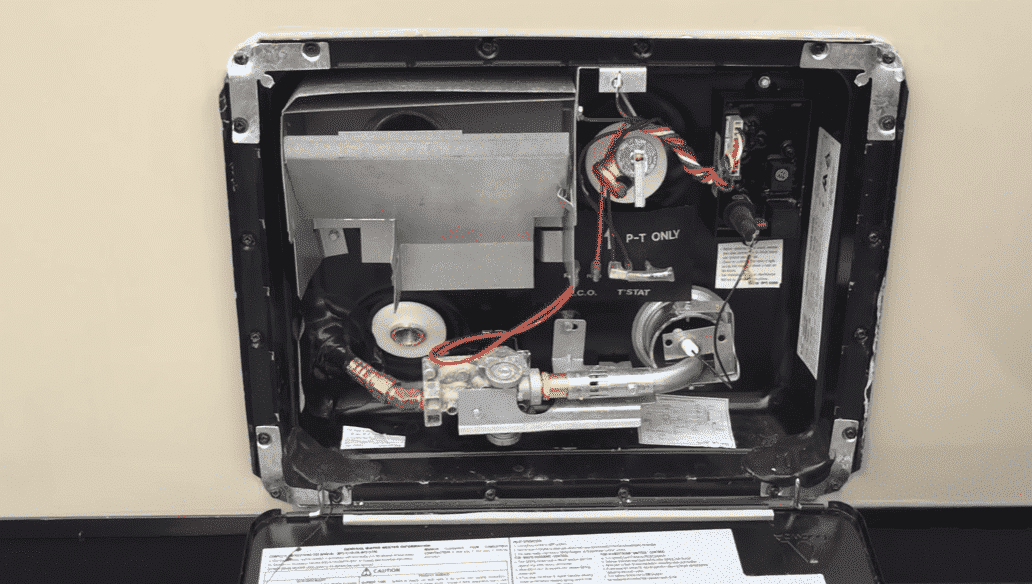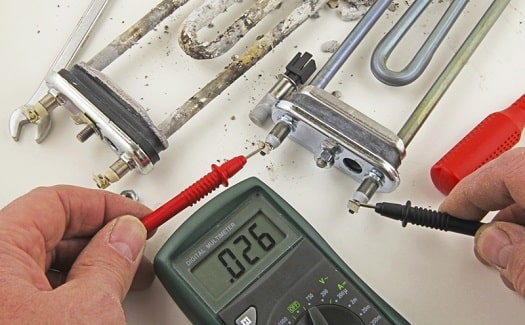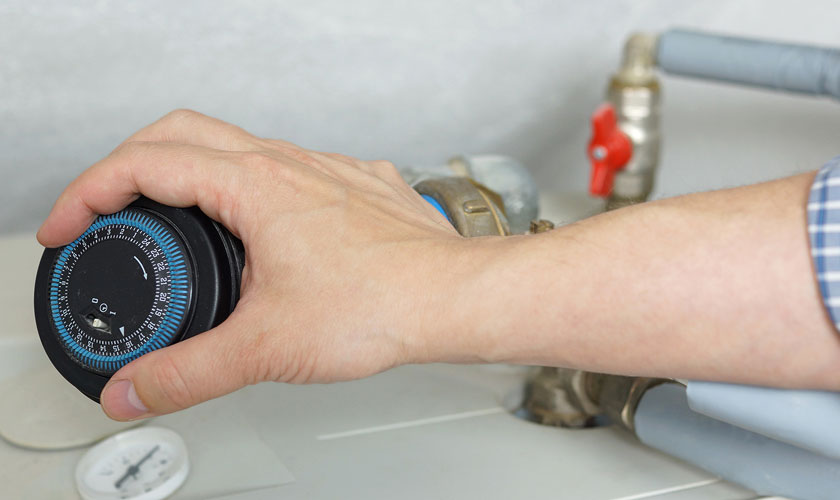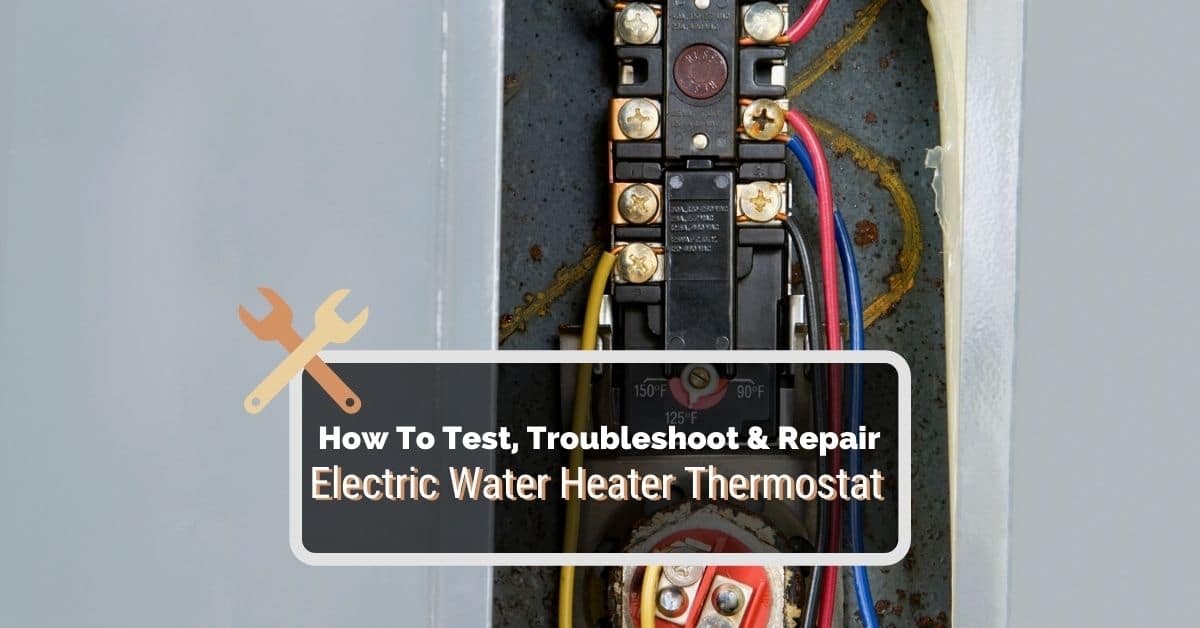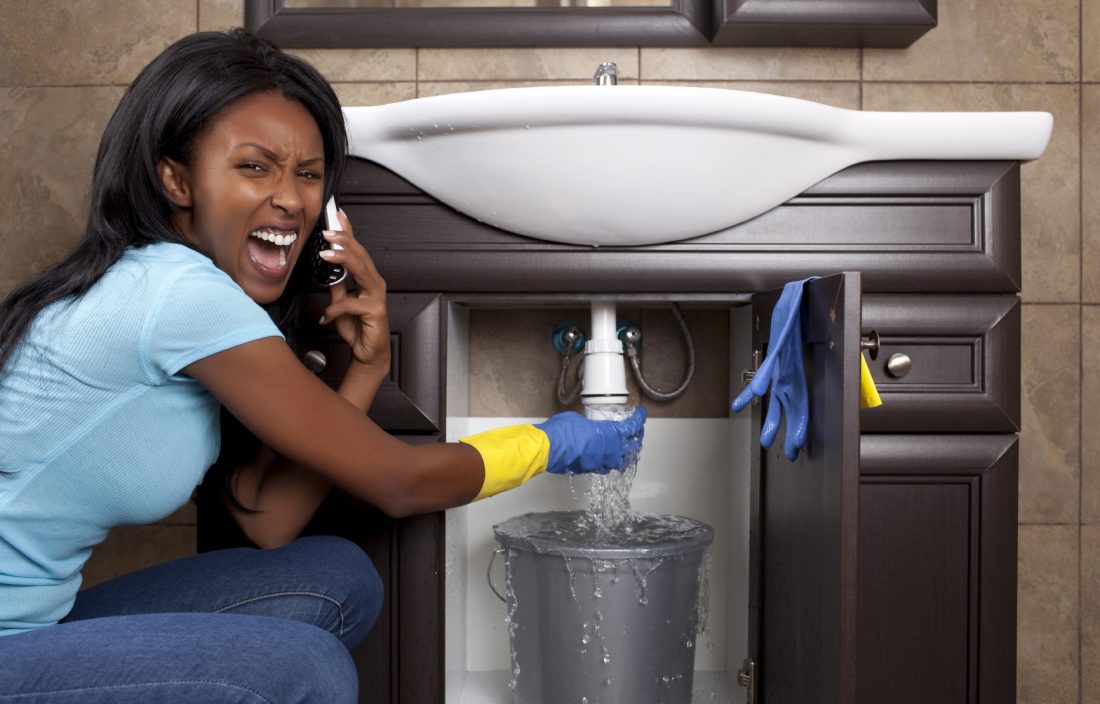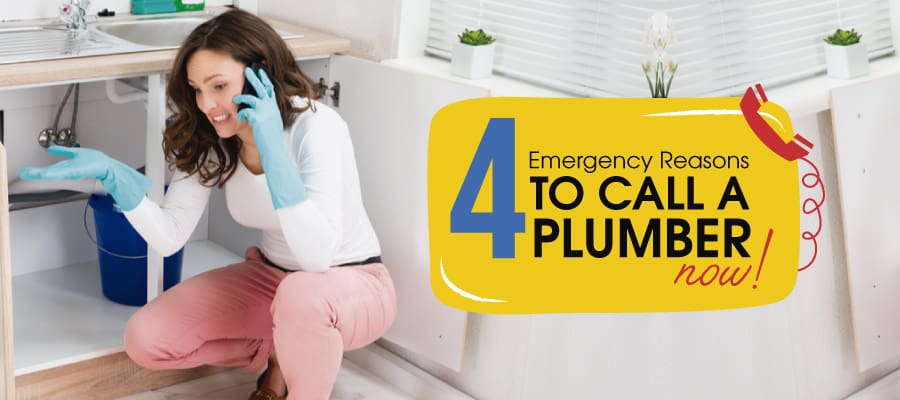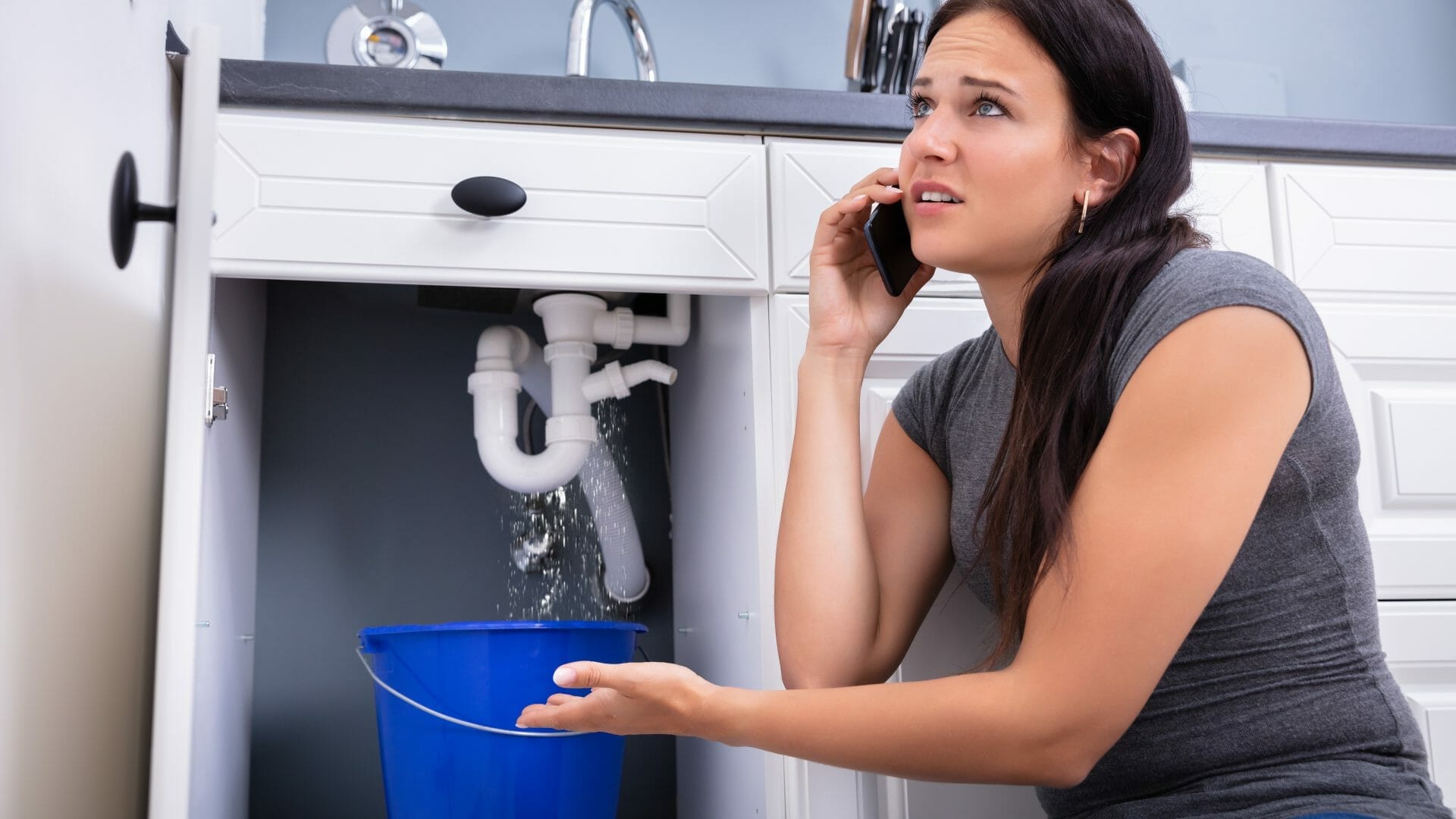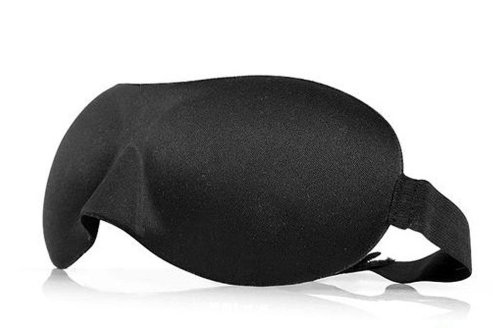Before calling a plumber or panicking about your non-working kitchen sink, the first thing you should do is check your water supply. Make sure that the main water valve is turned on and that there are no interruptions in the water flow. If there is no water coming out of your faucet, then the issue may be with your water supply and not your sink itself.Check the water supply
If the water supply seems to be fine, the next thing to check is your faucet. Oftentimes, a malfunctioning sink can be traced back to a faulty or clogged faucet. Start by checking the handle and making sure it is fully open. If it is, then the issue may be with the faucet aerator.Check the faucet
Another common cause of kitchen sink water not working is clogged or damaged pipes. Over time, pipes can become clogged with debris or mineral buildup, resulting in restricted water flow. Inspect the pipes under your sink for any visible blockages or leaks. If you notice any issues, it may be time to call a plumber for professional assistance.Check the pipes
If your water supply and pipes seem to be functioning properly, the next step is to check the water pressure. Low water pressure can be caused by various factors, including a clogged aerator or a faulty water pressure regulator. If you have low water pressure throughout your home, then the issue may be with your main water line.Check the water pressure
The aerator is a small mesh screen located at the end of your faucet. It helps to control the flow of water and mixes air with the water to create a smooth and steady stream. Over time, the aerator can become clogged with debris and mineral buildup, resulting in reduced water flow. If you notice that your sink is not working, try removing the aerator and cleaning it thoroughly before reattaching it to the faucet.Check the aerator
Every sink has a shut-off valve that controls the flow of water to the faucet. If this valve is not fully open, then your sink may not be receiving the proper water flow. Check the shut-off valve and make sure it is fully open. If it is, then the issue may be with the valve itself, and it may need to be replaced.Check the shut-off valve
If your kitchen sink has a garbage disposal, it may be the culprit behind the lack of water flow. A clogged or malfunctioning garbage disposal can cause water to back up and prevent it from flowing through the sink. If you suspect that this may be the issue, turn off the disposal and try running water through the sink. If the water flows freely, then you may need to have your disposal repaired or replaced.Check the garbage disposal
In some cases, the issue may not be with your sink but with your water heater. If your water heater is not functioning properly, it can affect the flow of hot water to your sink. Check your water heater for any issues, such as a faulty heating element or a leak. If you notice any problems, it may be time to call a professional to repair or replace your water heater.Check the water heater
If you have exhausted all other possible causes for your kitchen sink not working, then it may be time to check for clogs. Clogs can occur in various places, such as in the pipes, the drain, or the garbage disposal. Use a plunger or a drain snake to try and remove any clogs that may be blocking the water flow. If you are unable to clear the clog, then it may be time to call a plumber for assistance.Check for clogs
If all else fails and you are still unable to determine the cause of your non-working kitchen sink, it may be time to call a professional plumber. A plumber will have the necessary tools and expertise to diagnose and fix the issue with your sink. It may save you time and frustration in the long run to seek professional assistance.Call a plumber
The Importance of a Functional Kitchen Sink

Ensuring a Smooth Flow of Daily Tasks
/water-overflowing-in-kitchen-sink-200553937-001-5797e6335f9b58461f5a6736.jpg) When it comes to house design, the kitchen sink is often an overlooked element. However, a malfunctioning kitchen sink can quickly disrupt the flow of daily tasks and create unnecessary stress. From washing dishes to preparing meals, the kitchen sink plays a crucial role in our daily routines. Therefore, it is essential to address any issues with the kitchen sink promptly to maintain a functional and efficient household.
When it comes to house design, the kitchen sink is often an overlooked element. However, a malfunctioning kitchen sink can quickly disrupt the flow of daily tasks and create unnecessary stress. From washing dishes to preparing meals, the kitchen sink plays a crucial role in our daily routines. Therefore, it is essential to address any issues with the kitchen sink promptly to maintain a functional and efficient household.
The Possible Causes of a Kitchen Sink Water Not Working
 There can be several reasons why your kitchen sink water may not be working. The most common cause is a clogged pipe, which can result from food debris, grease, or other foreign objects. Another possible cause is a faulty faucet or a worn-out washer, which can lead to leaks and low water pressure. In some cases, the issue may be with the water supply line or the main water valve. It is crucial to identify the root cause of the problem to determine the appropriate solution.
There can be several reasons why your kitchen sink water may not be working. The most common cause is a clogged pipe, which can result from food debris, grease, or other foreign objects. Another possible cause is a faulty faucet or a worn-out washer, which can lead to leaks and low water pressure. In some cases, the issue may be with the water supply line or the main water valve. It is crucial to identify the root cause of the problem to determine the appropriate solution.
Addressing the Issue
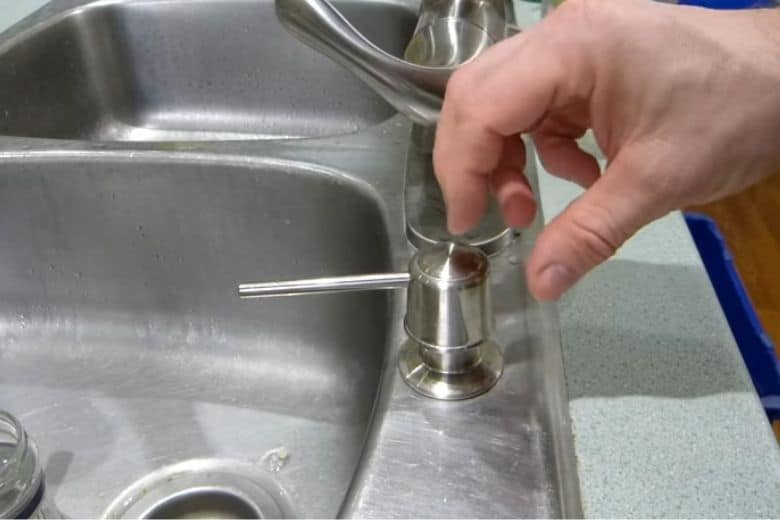 If you are experiencing issues with your kitchen sink water, it is best to call a professional plumber to assess the situation. They will have the necessary tools and expertise to identify and fix the issue efficiently. It is also essential to regularly maintain your kitchen sink to prevent any future problems. This includes regularly cleaning the pipes, checking for leaks, and replacing worn-out parts.
If you are experiencing issues with your kitchen sink water, it is best to call a professional plumber to assess the situation. They will have the necessary tools and expertise to identify and fix the issue efficiently. It is also essential to regularly maintain your kitchen sink to prevent any future problems. This includes regularly cleaning the pipes, checking for leaks, and replacing worn-out parts.
Designing a Functional Kitchen Sink
 In addition to addressing any current issues with your kitchen sink, it is also important to consider functionality when designing or renovating your kitchen. Choosing a durable and high-quality sink with a reliable faucet can save you from potential headaches down the line. Additionally, incorporating features such as a garbage disposal or a sprayer can make daily tasks more manageable and efficient.
In addition to addressing any current issues with your kitchen sink, it is also important to consider functionality when designing or renovating your kitchen. Choosing a durable and high-quality sink with a reliable faucet can save you from potential headaches down the line. Additionally, incorporating features such as a garbage disposal or a sprayer can make daily tasks more manageable and efficient.
In Conclusion
:max_bytes(150000):strip_icc()/how-to-install-a-sink-drain-2718789-hero-24e898006ed94c9593a2a268b57989a3.jpg) A malfunctioning kitchen sink can disrupt the flow of daily tasks and create unnecessary stress. It is crucial to address any issues promptly and regularly maintain your kitchen sink to ensure its functionality. When designing or renovating your kitchen, consider functionality to create a smooth and efficient household. With the right attention and care, your kitchen sink will continue to serve its essential purpose for years to come.
A malfunctioning kitchen sink can disrupt the flow of daily tasks and create unnecessary stress. It is crucial to address any issues promptly and regularly maintain your kitchen sink to ensure its functionality. When designing or renovating your kitchen, consider functionality to create a smooth and efficient household. With the right attention and care, your kitchen sink will continue to serve its essential purpose for years to come.
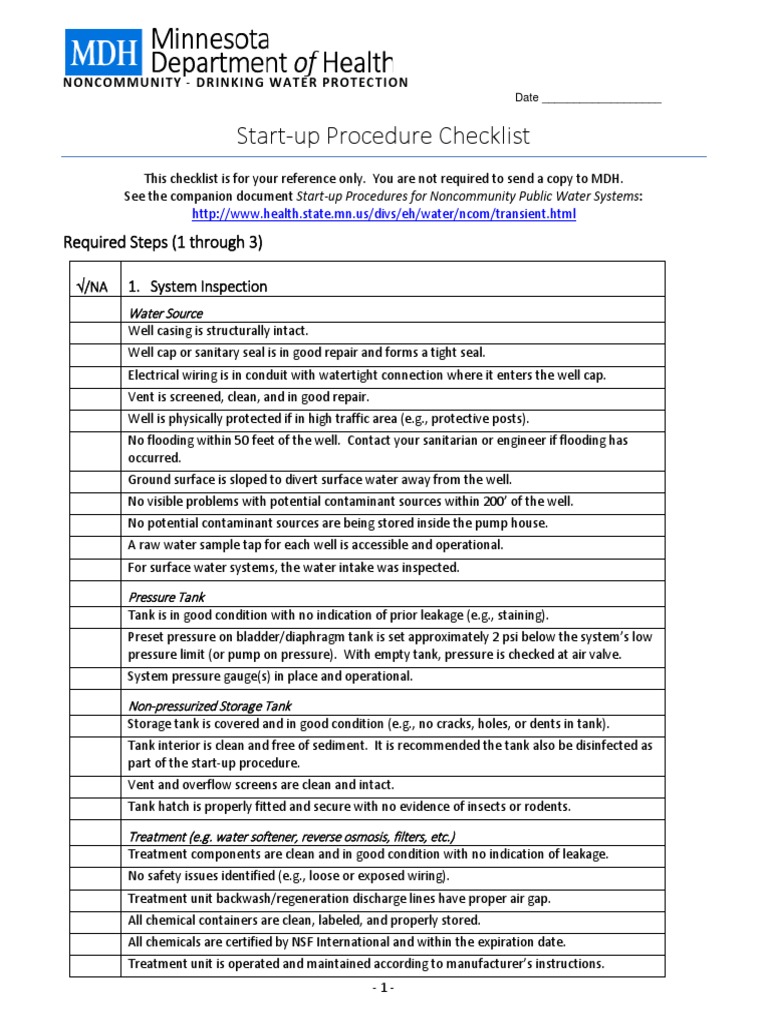


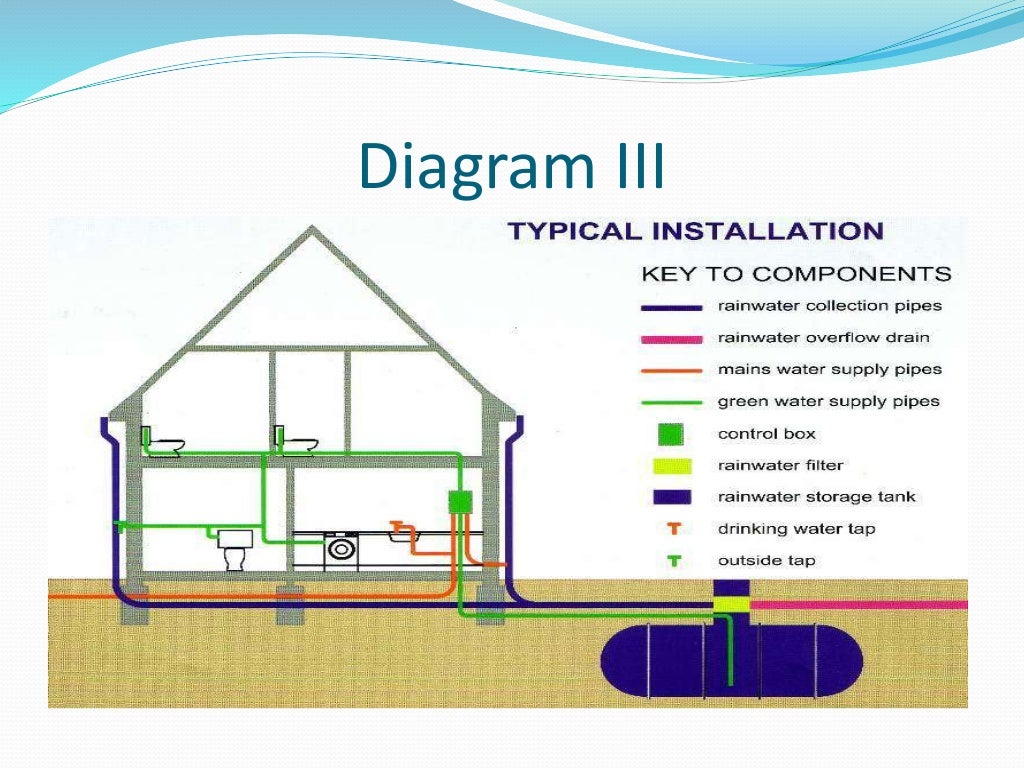




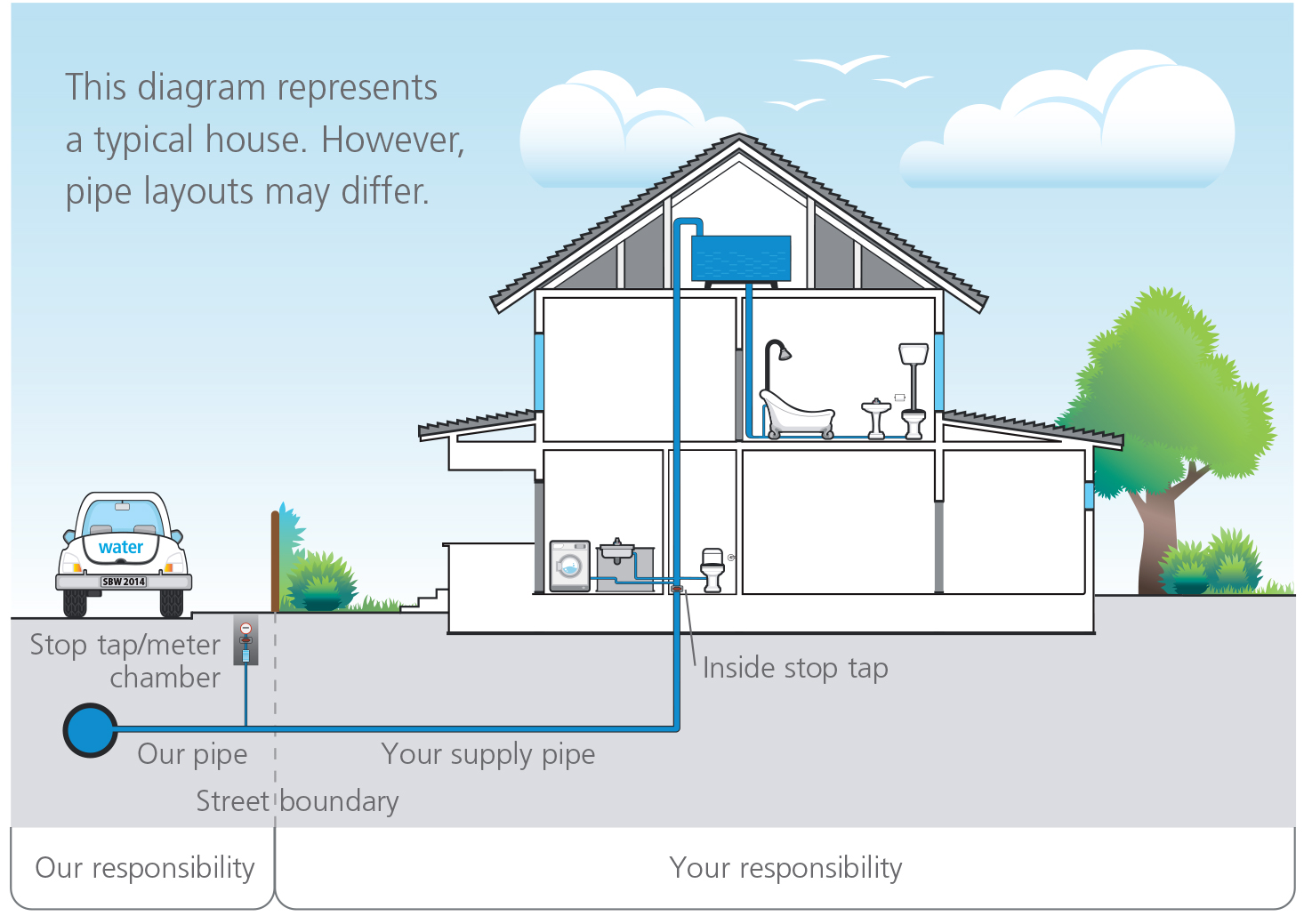
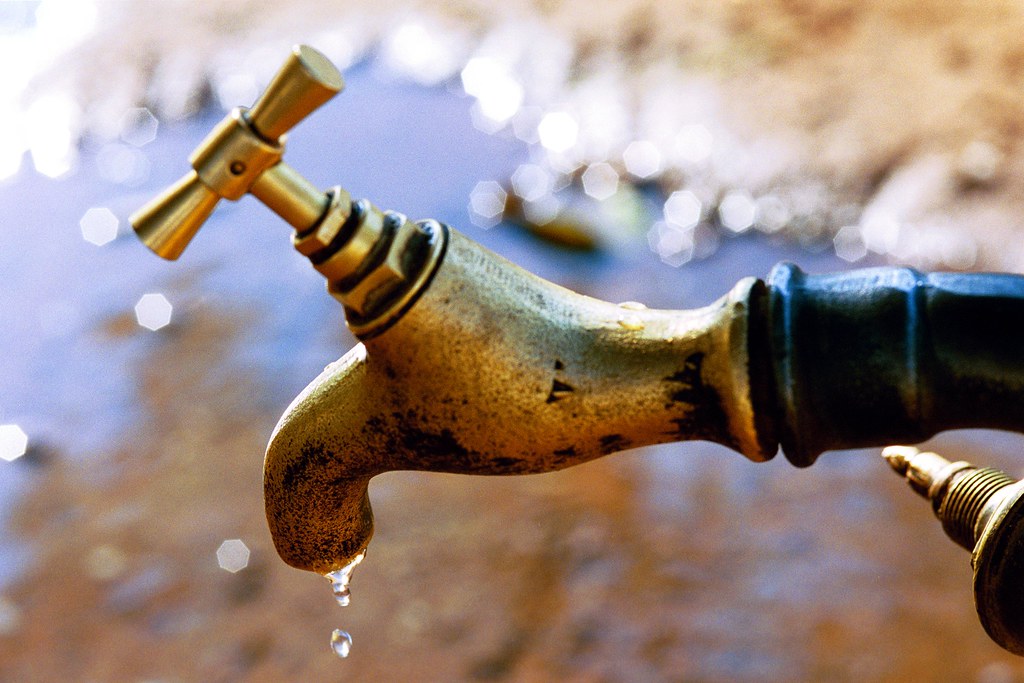




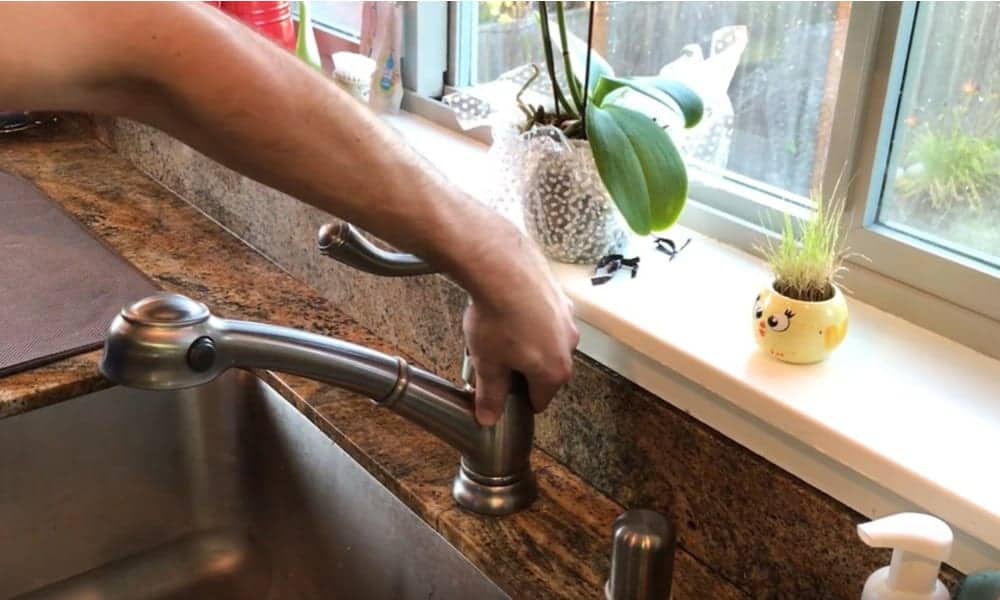



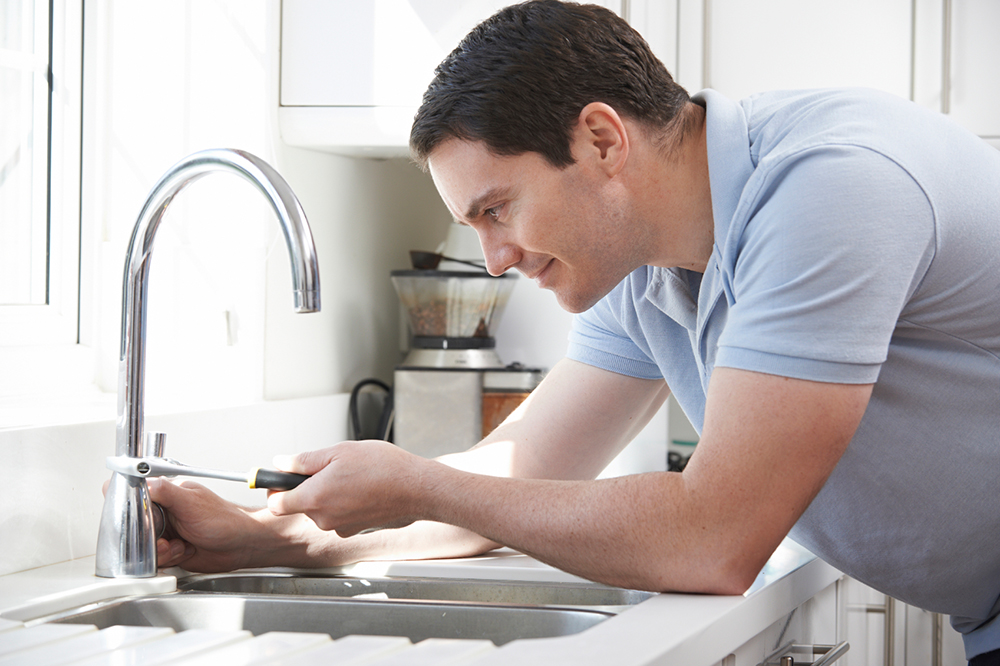

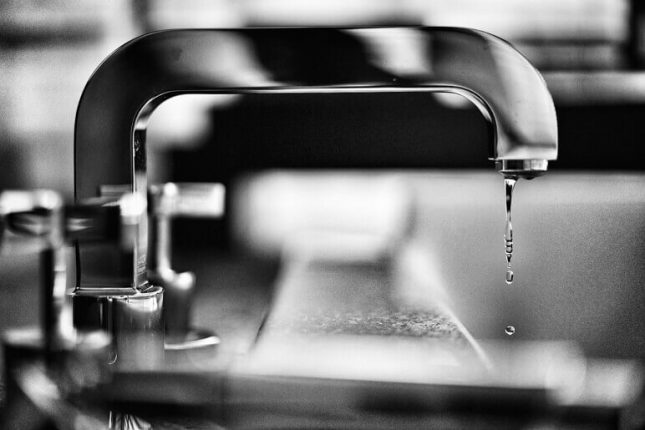






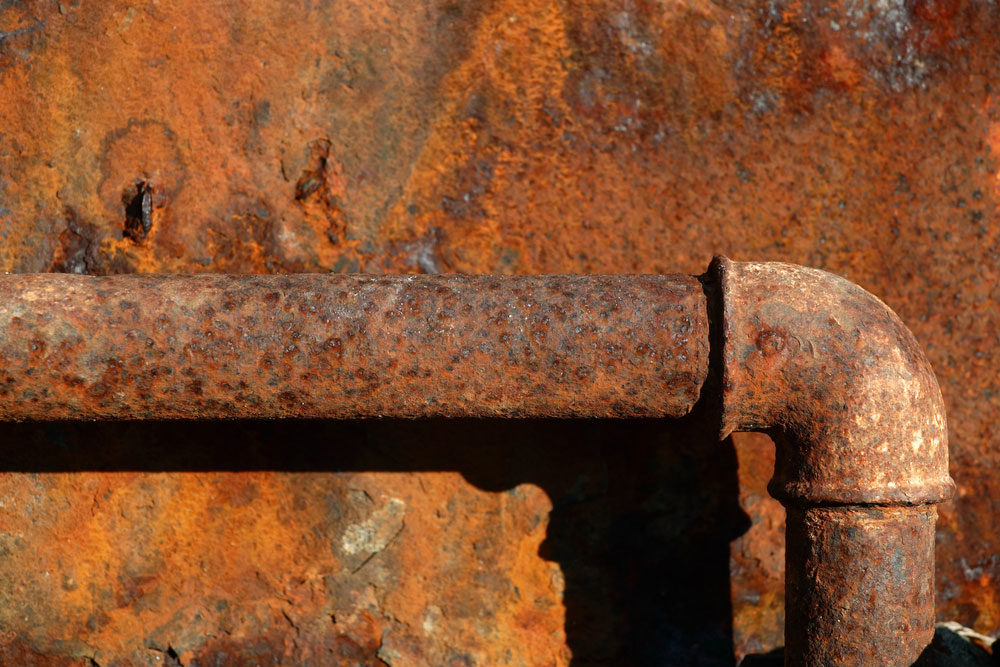






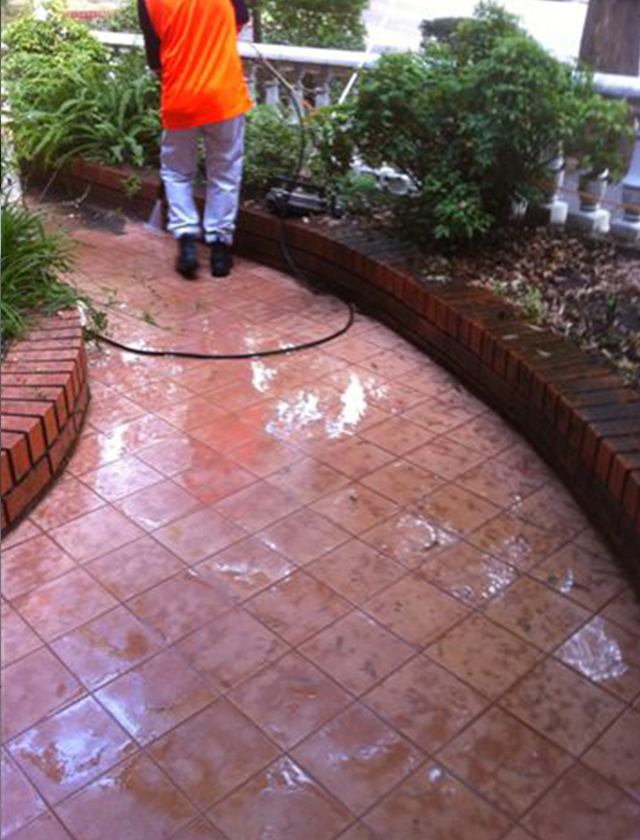
/93097679-56a73c295f9b58b7d0e81657.jpg)
:max_bytes(150000):strip_icc()/testing-water-pressure-in-your-home-2718692-04-c37ab3236d0d4b61b87079ebf9ef823e-c1e1ef0104fb44778a287bd9bb5ec140.jpeg)
/testing-water-pressure-in-your-home-2718692-hero-98f45508ca5d44b6b551034ac5cedab5.jpg)
:max_bytes(150000):strip_icc()/the-men-s-hand-opens-the-ball-valve-on-the-collector-1006810456-5c5fc73fc9e77c000159c4af.jpg)

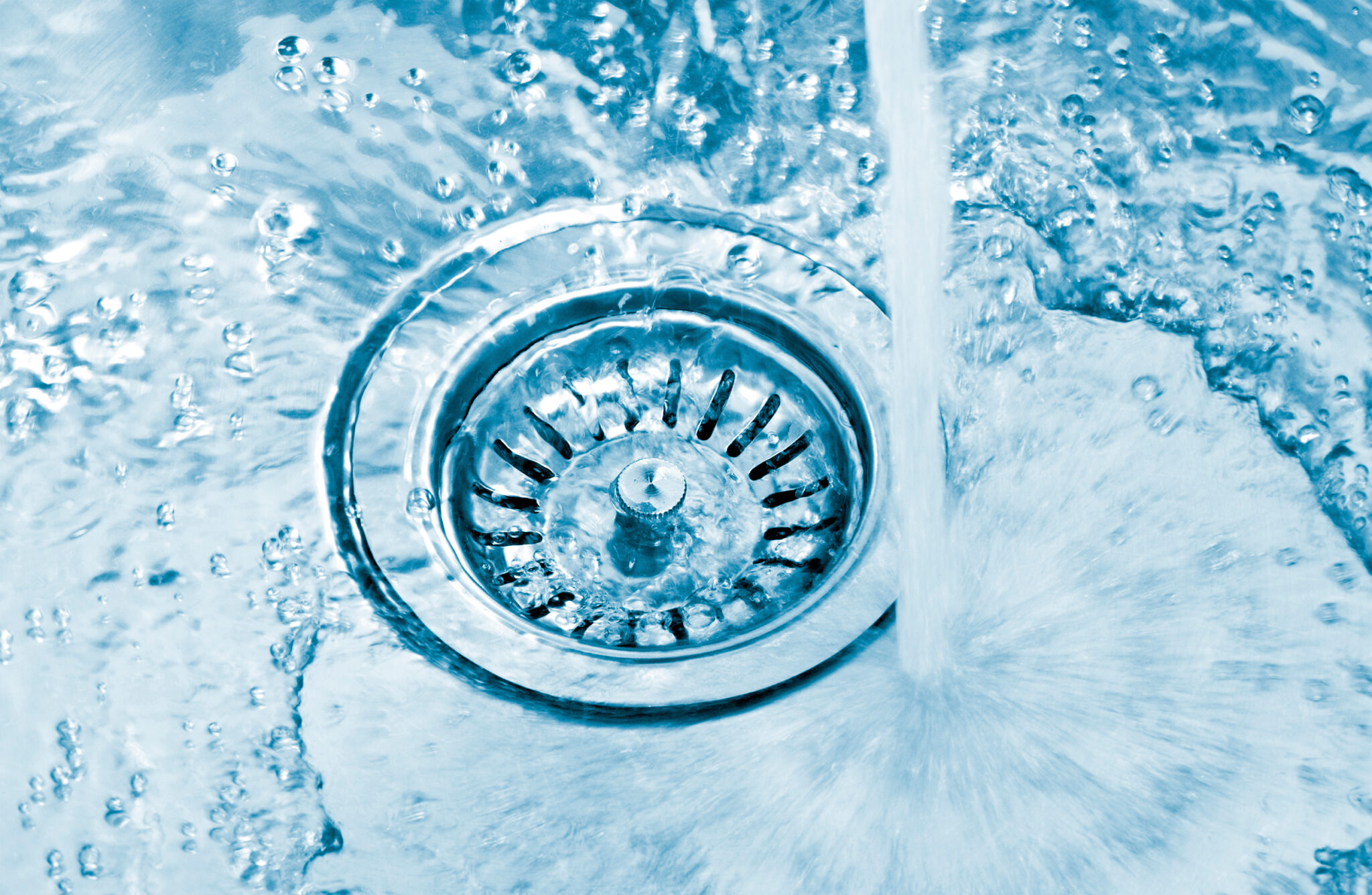

/JodiJacobson-waterpressure-5b9bf850c9e77c0050a2d8aa.jpg)

